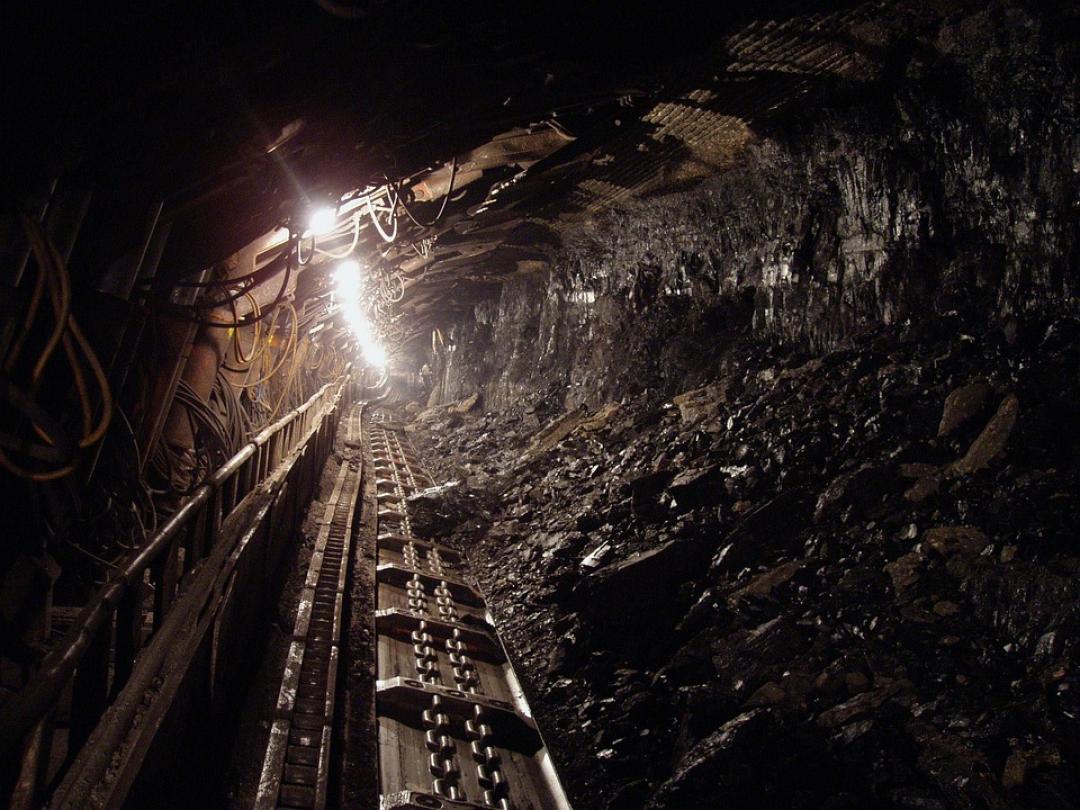
Miners protest ends with company overtake in Georgia

On 24 September, 15 miners from the Mindeli and Dzidziguri Mines located in Tkibuli went underground, refusing to get out to the surface until their wage debts for August were paid. On the following day, their protest was amplified by workers from Chiatura and Zestafoni, employees of the Mayoralty and schoolchildren. The participants of the demonstration said that the coal mining activities in Mindeli and Dzidziguri mines have been suspended for more than a year, and their salaries are delayed. Without the latter, they cannot buy the food they need to live.
Georgia's industrial group Saqnakshiri LTD, which owned the mines, responded to the miners’ protest, saying that the Company is currently facing financial problems, and the workers were also informed of said issue. They also note that the company is actively consulting with the state to find a solution.
Work has been suspended in the Mindeli and Dzidziguri mines of Tkibuli since 16 July 2018 after a fatal explosion left four miners dead and six injured. The Georgian government invited German experts to study the situation in the mines and promised salaries and insurance coverage before the mines are reopened. The trade union said that the conclusion of the German experts was delivered in December 2018 and the government “has not yet shared it with us or any involved parties.”
On 26th of September, Prime Minister Giorgi Gakharia said that the situation was unacceptable for Georgia and sent the Minister of Economy and Sustainable Development Natia Turnava to meet with the miners and find a solution. The Georgian miners’ protests ended on 27 September with Steel International Trade Company becoming the mines new owner. “Coal mining will start again in early November and mines will be expanded in the next two years,” said Turnava.
Tkibuli’s coal deposits were found in the early 1800s, but mining was sporadic until the Soviet Union ramped up production. By the 1950s, Tkibuli was churning out millions of tons of coal per year. Then mining largely came to a halt after the Soviet Union collapsed. In 2006, Saknakhshiri took control and today the Tkibuli mines, which hold about three-quarters of Georgia’s coal reserves, employ about 2,000 people. On 7 March 2018, the Georgian government adopted a labour bill which mandates companies ‘with high risk workplaces’ re-register in the registry of economic activities to help ensure safety. The bill came as a reaction to the incident in the mines of Tkibuli.
According to the report of the European Development Bank (EBRD), Georgia is an open and functioning mining market, with 5,000 plus licences having already been issued, including mines, quarries and groundwater. The sector employs almost 30,000 Georgian citizens and contributes approximately 5 percent of overall country GDP. An incredible 35 percent of export revenues are generated from mineral and mining-related exports. The report also stated that the mining sector in the country has been lagging in growth in comparison to the other economic sectors in the country as a result of current policy, legislative, regulatory and fiscal frameworks for the sector providing insufficient incentive for investment. The Georgian government is committed to a programme of mining sector development involving three main pillars: 1) preparation of a policy for responsible development of the sector; 2) renewal of the legislative framework for the sector based on the new policy; and, 3) ensuring efficient and effective implementation of policy and law through institution strengthening and capacity building for state agencies. Little progress had been made so far in this field.
See Also


Mirzoyan Meets US Deputy Assistant Secretary Joshua Huck

Azerbaijani President Holds Talks with UAE and German Business Delegations on Economic Cooperation

Grigoryan Confirms Armenia’s Readiness to Dissolve OSCE Minsk Group Upon Peace Treaty Signing

Azerbaijani Official Warns of Ecological Risks to Caspian Sea, Similar to Lake Urmia and Aral Sea

